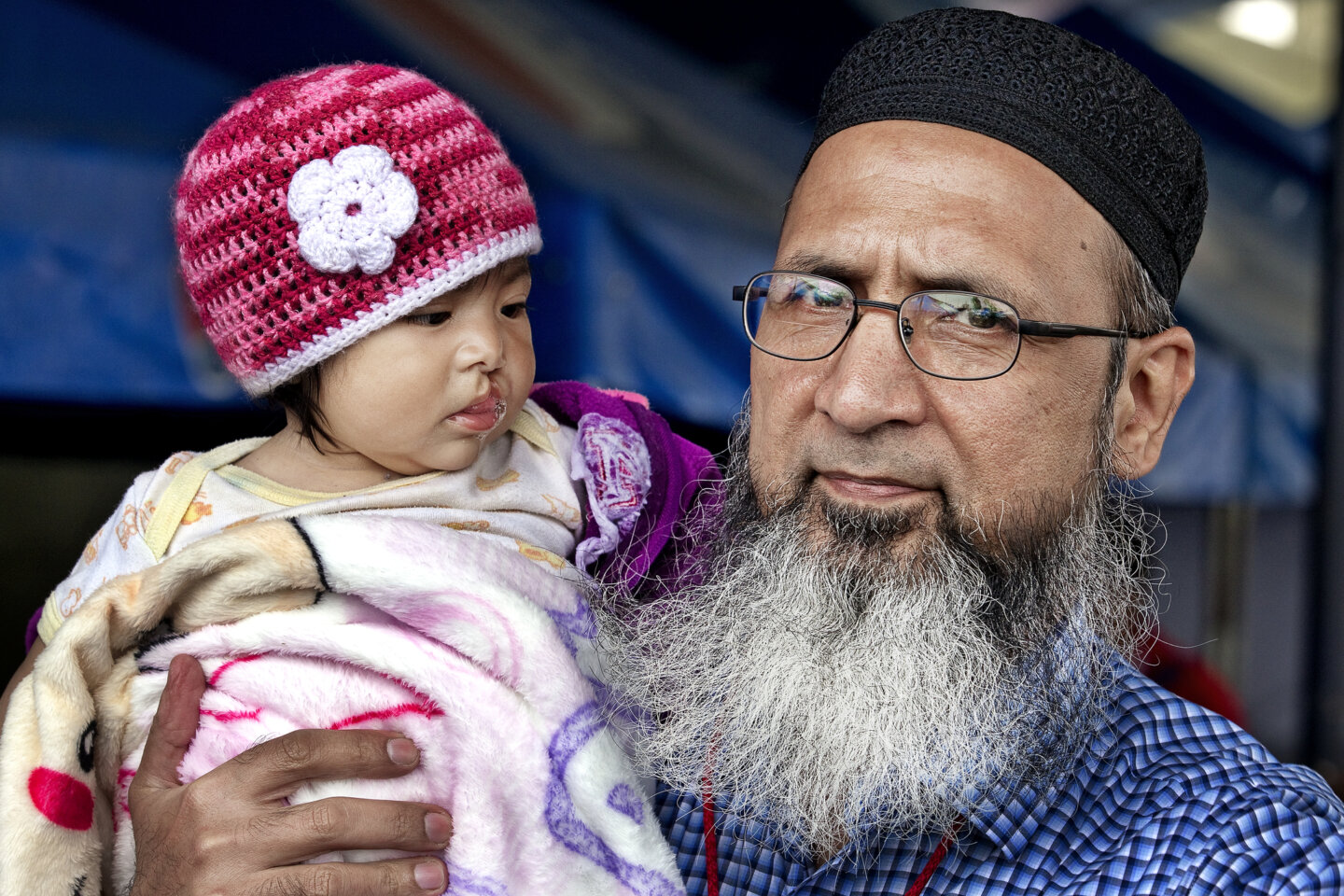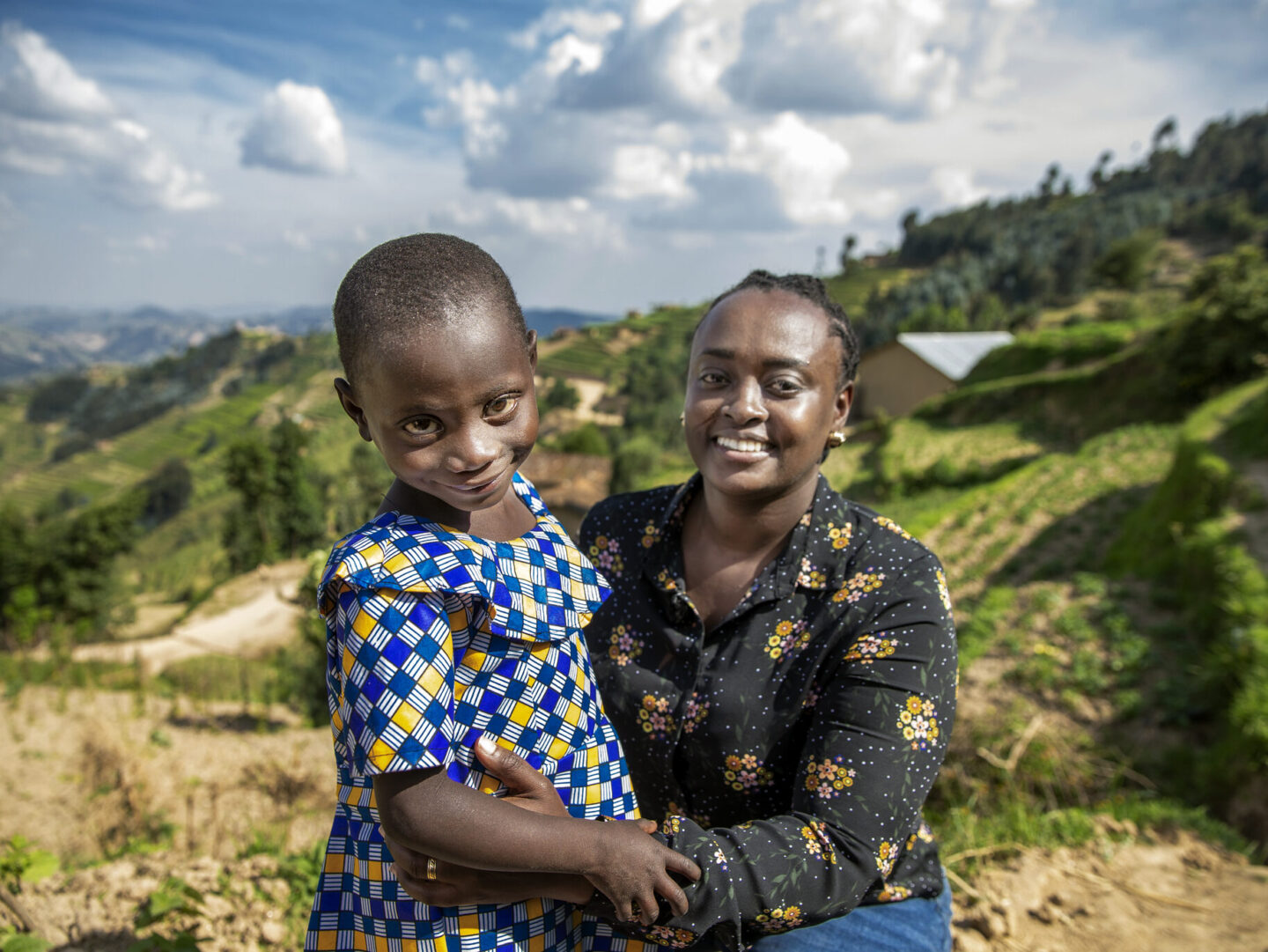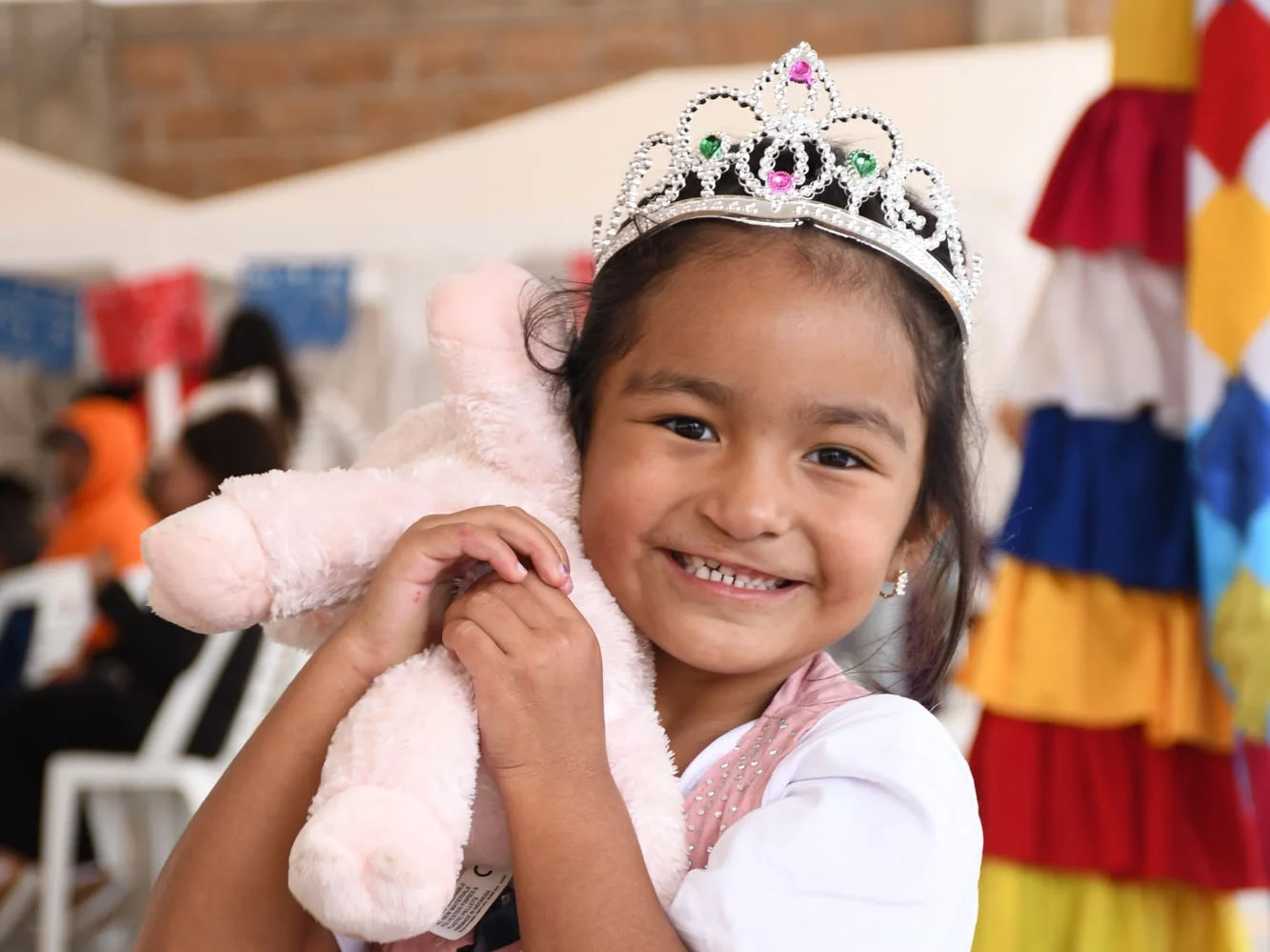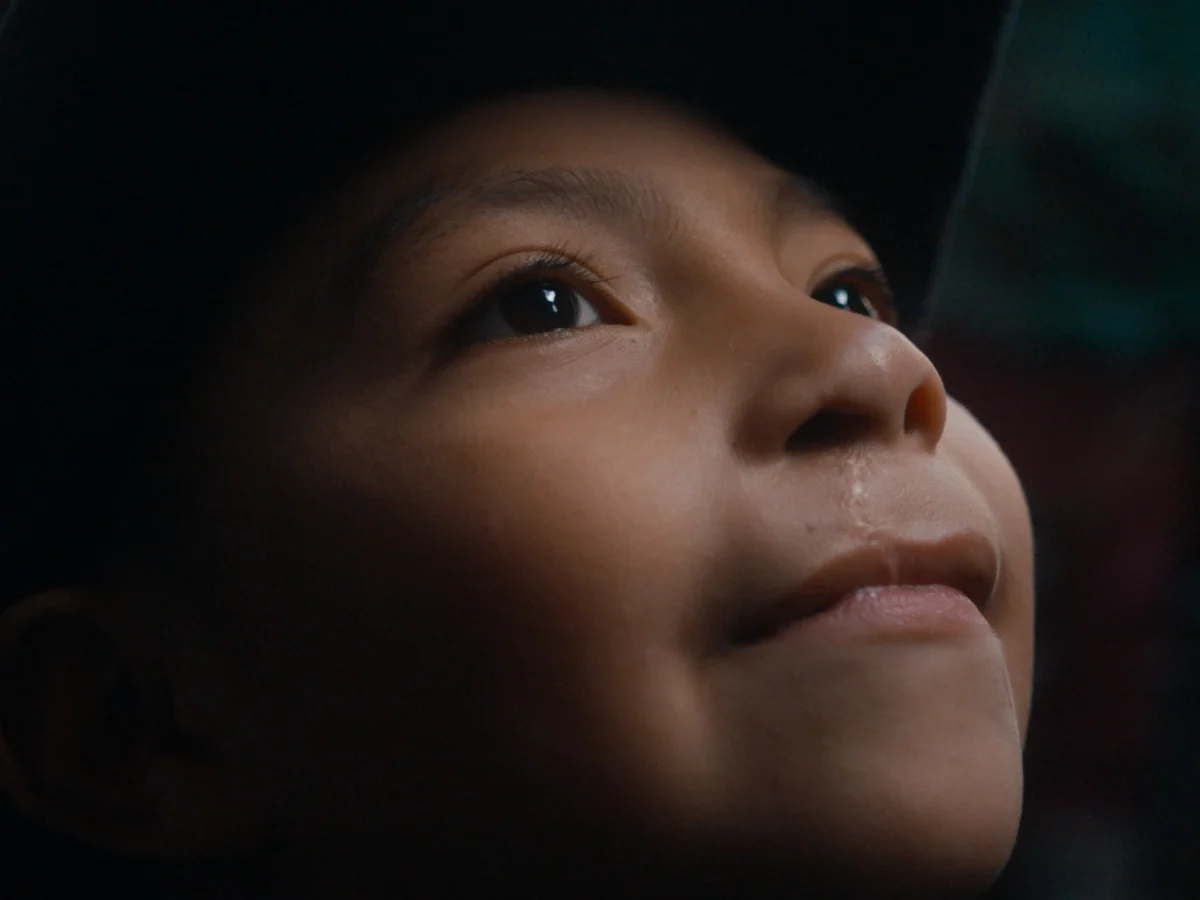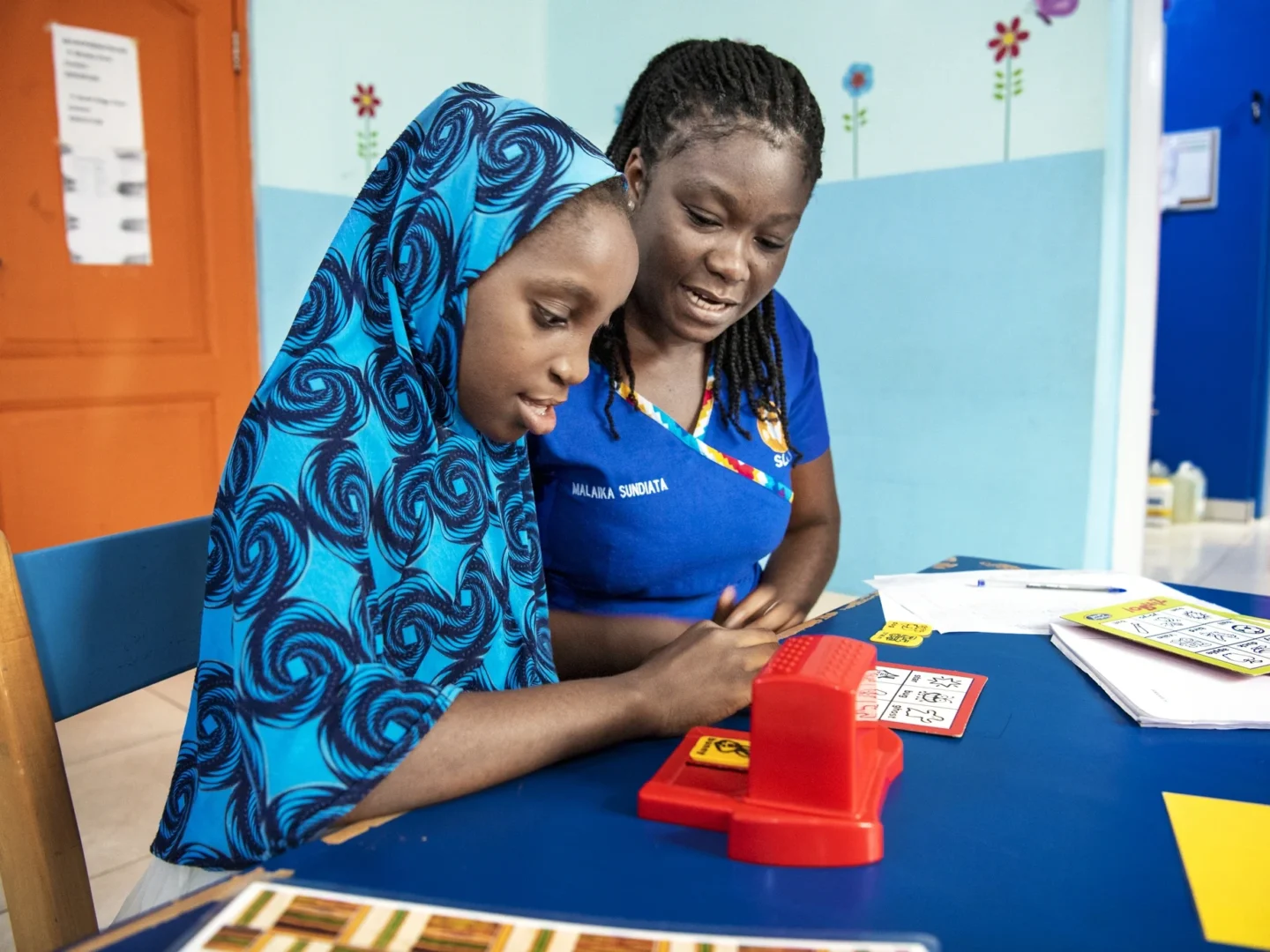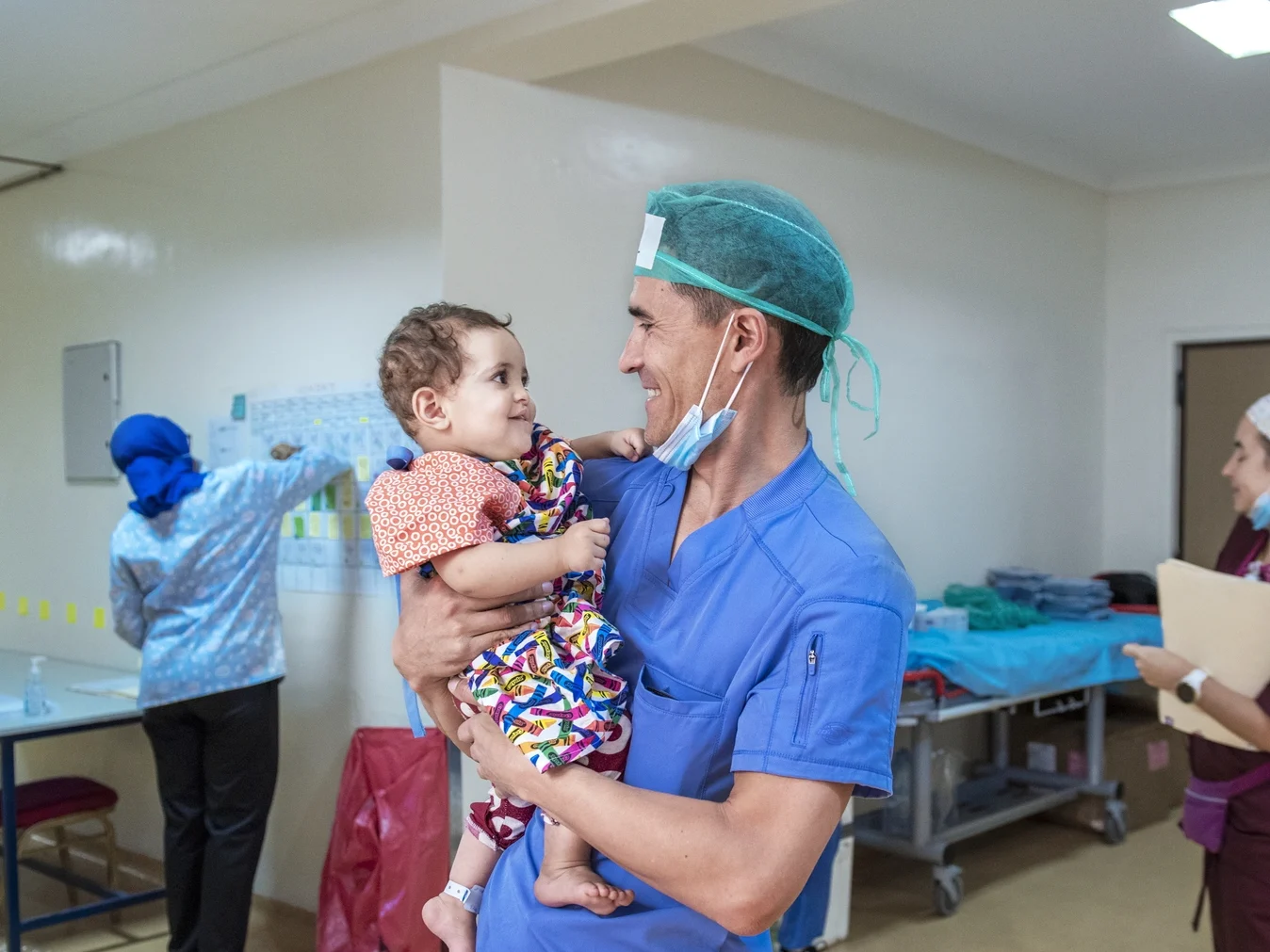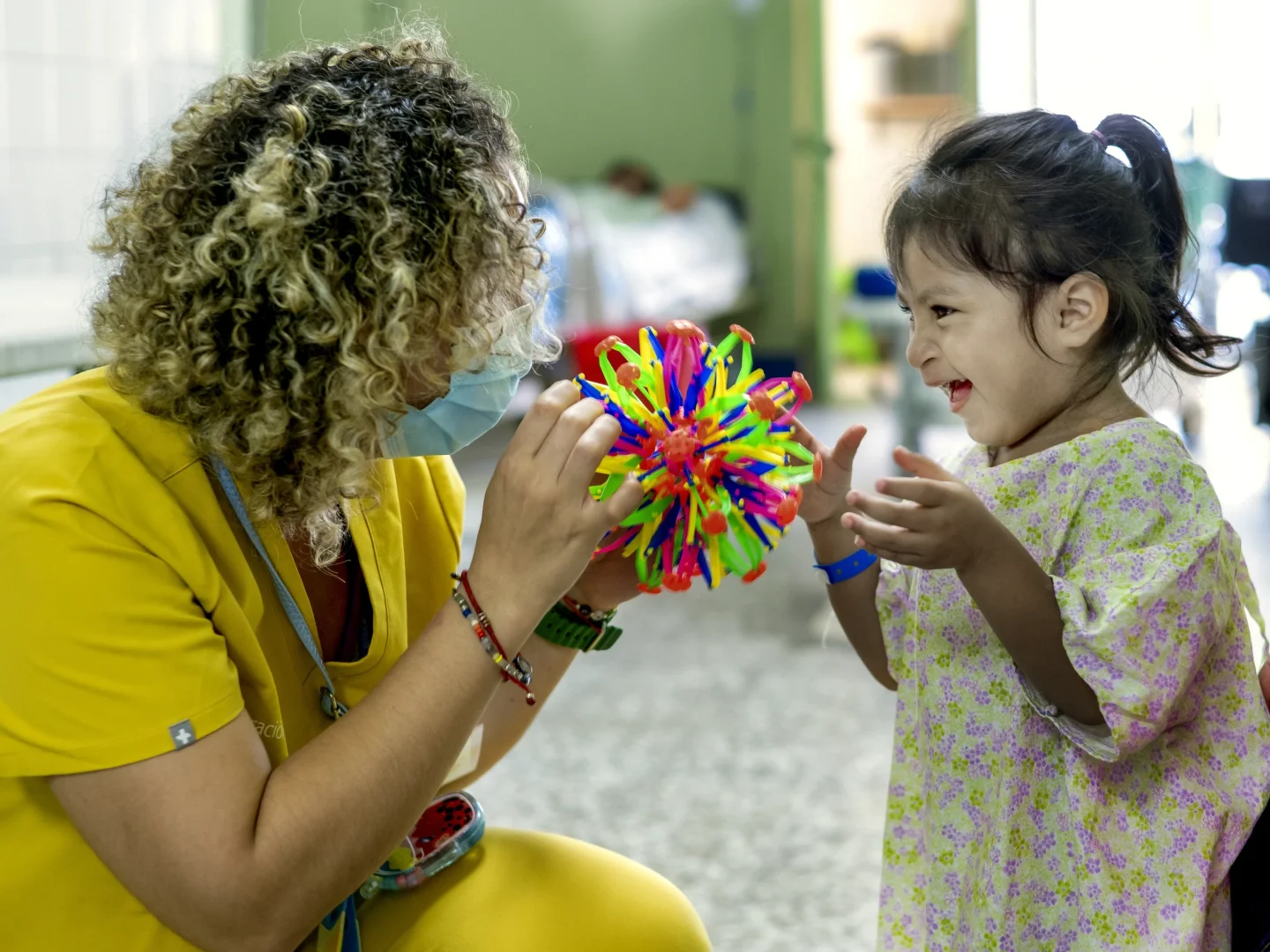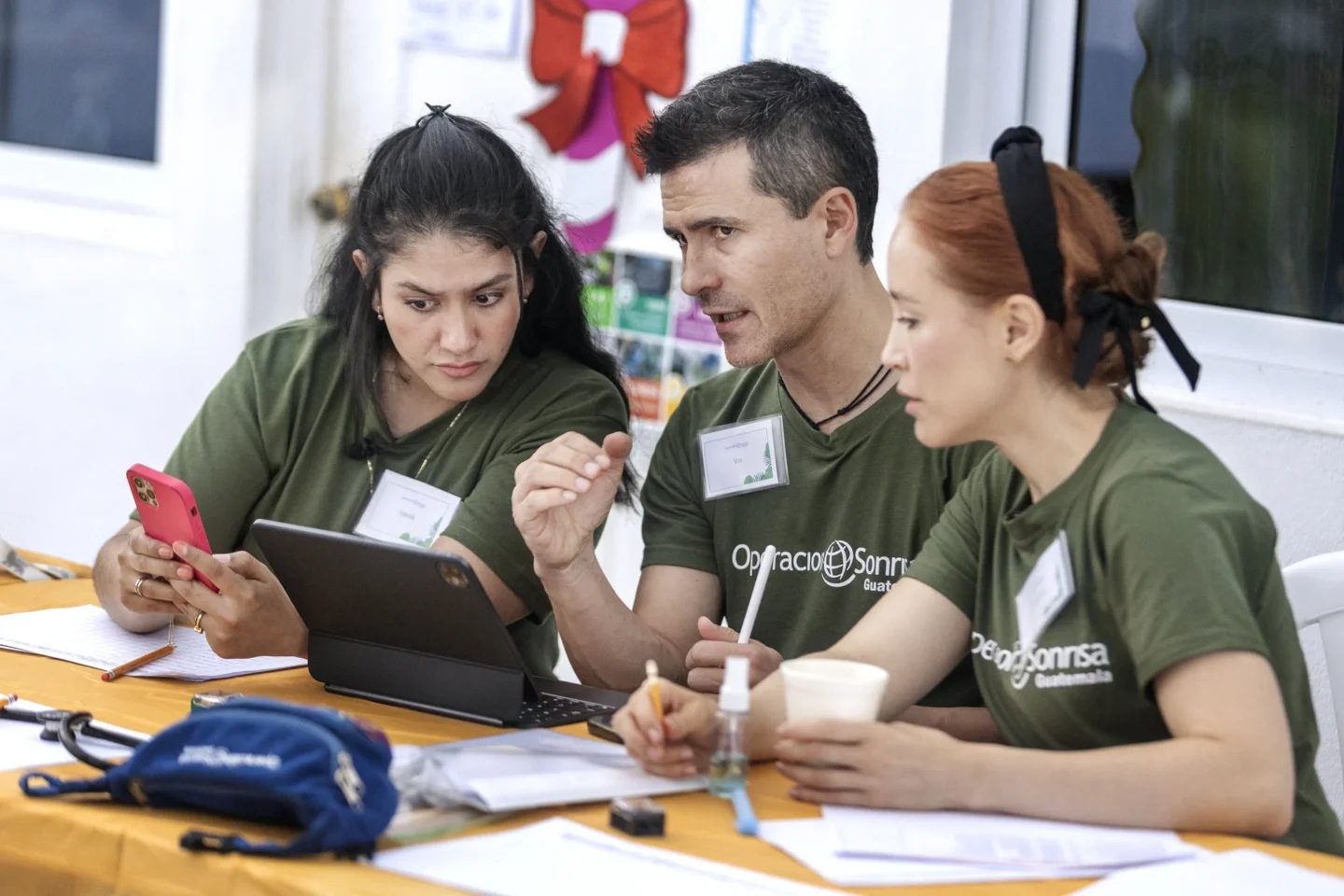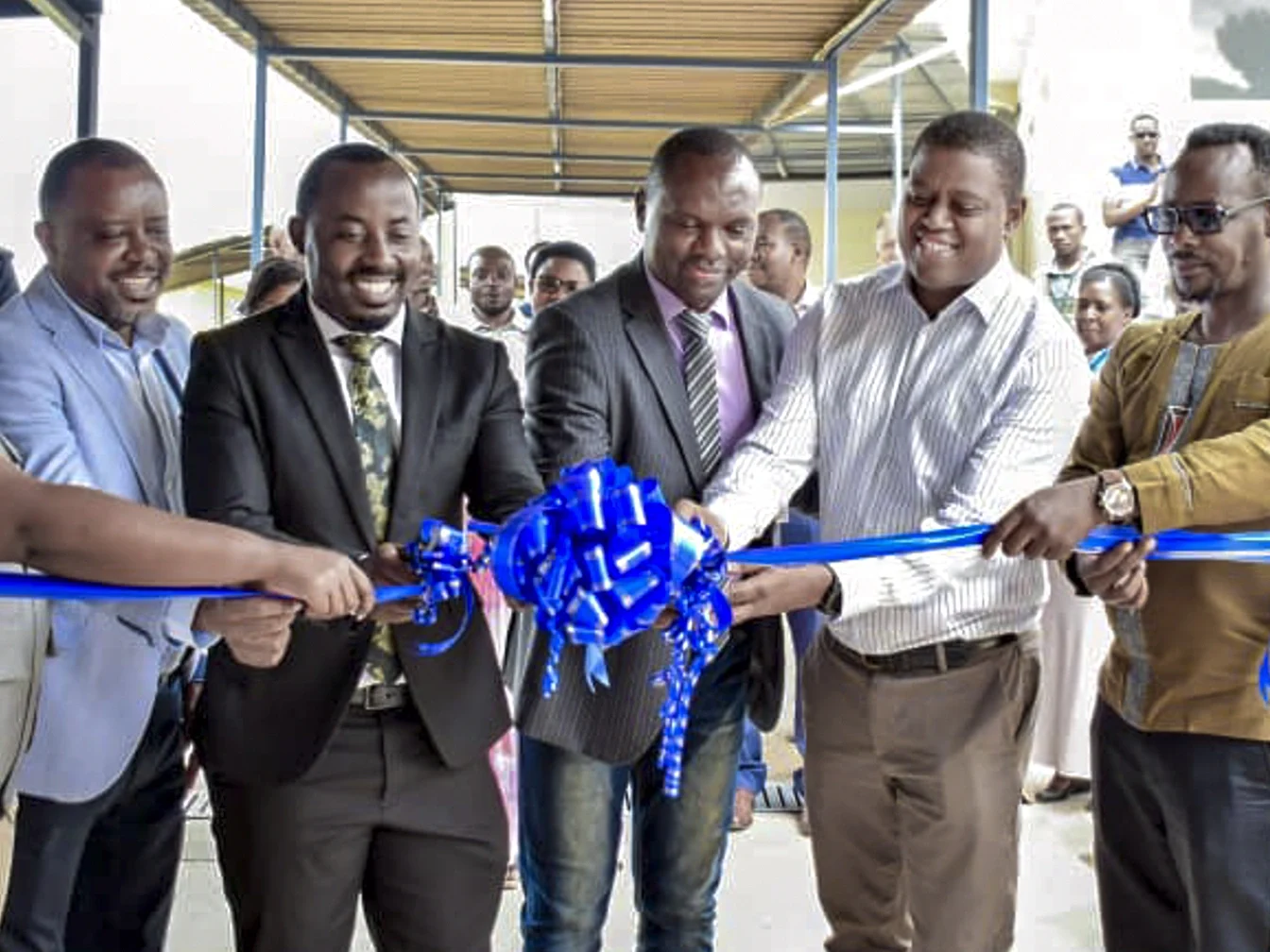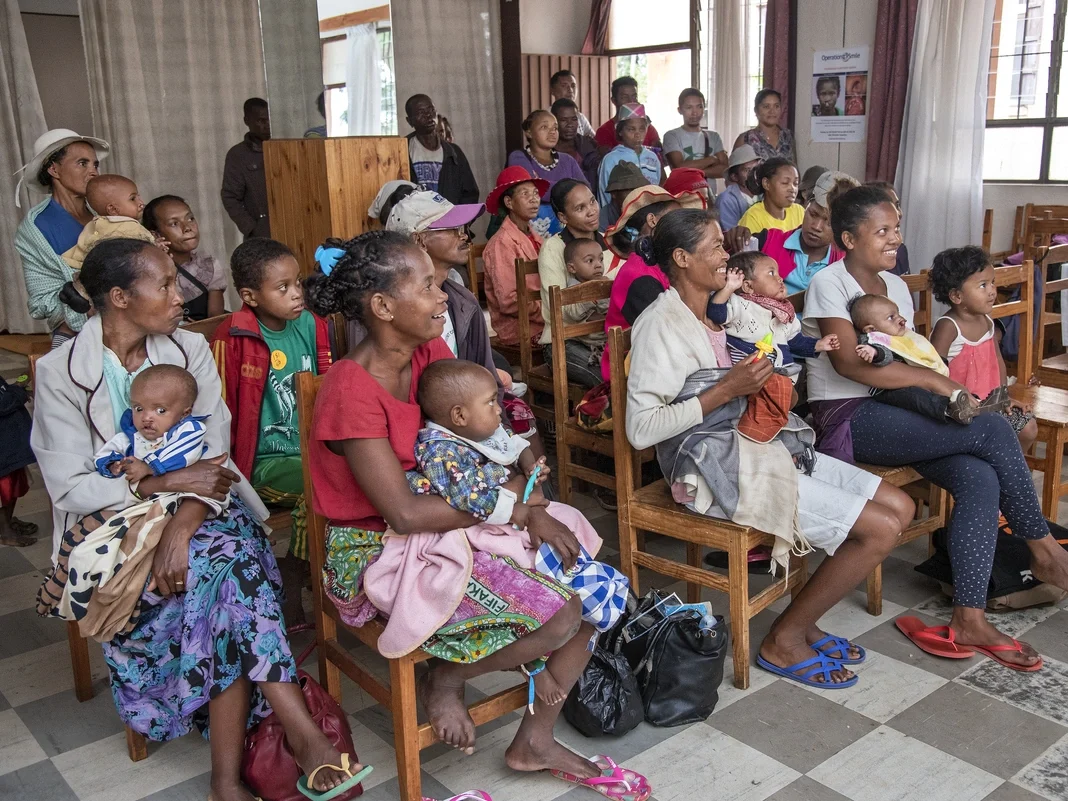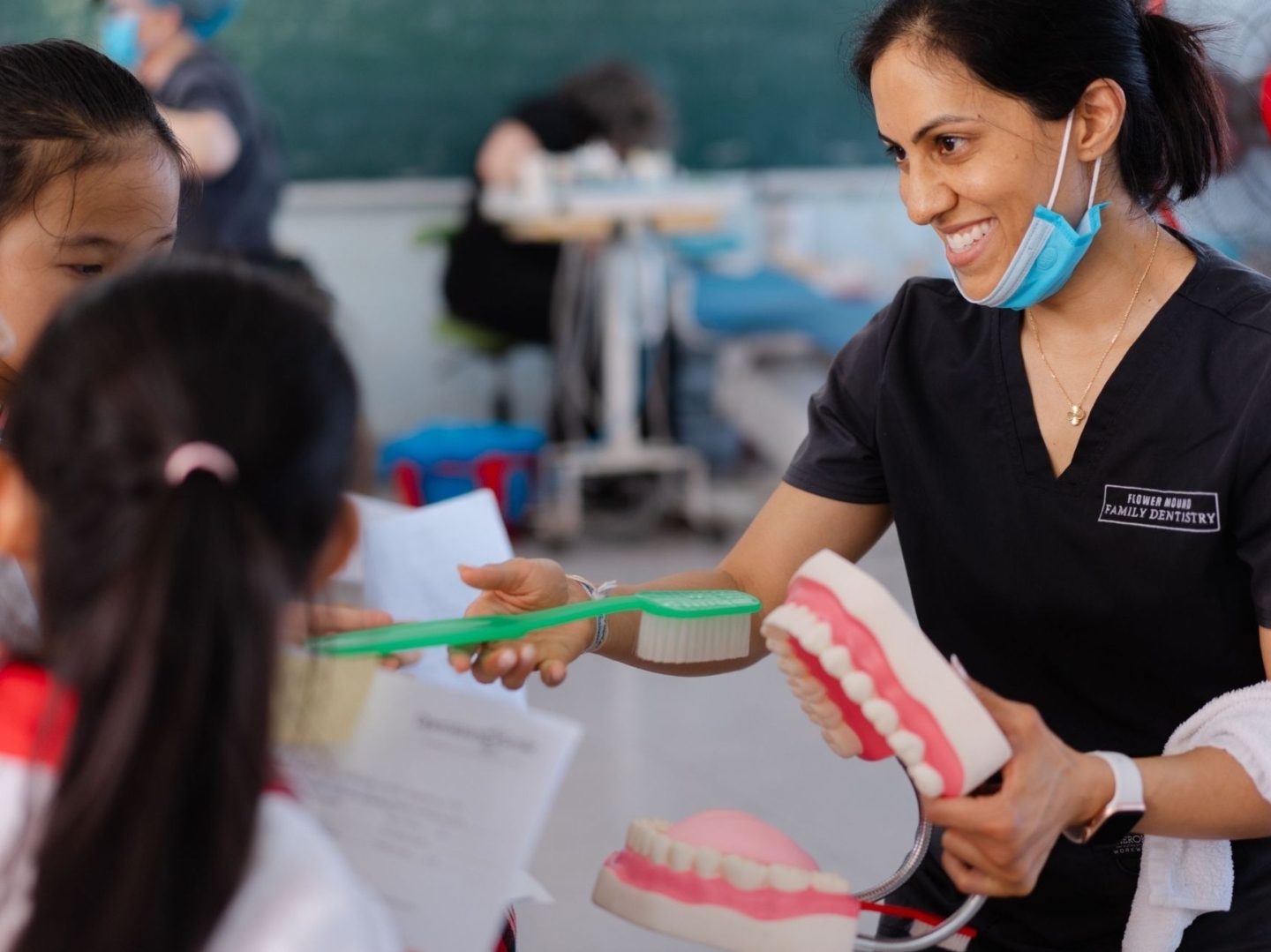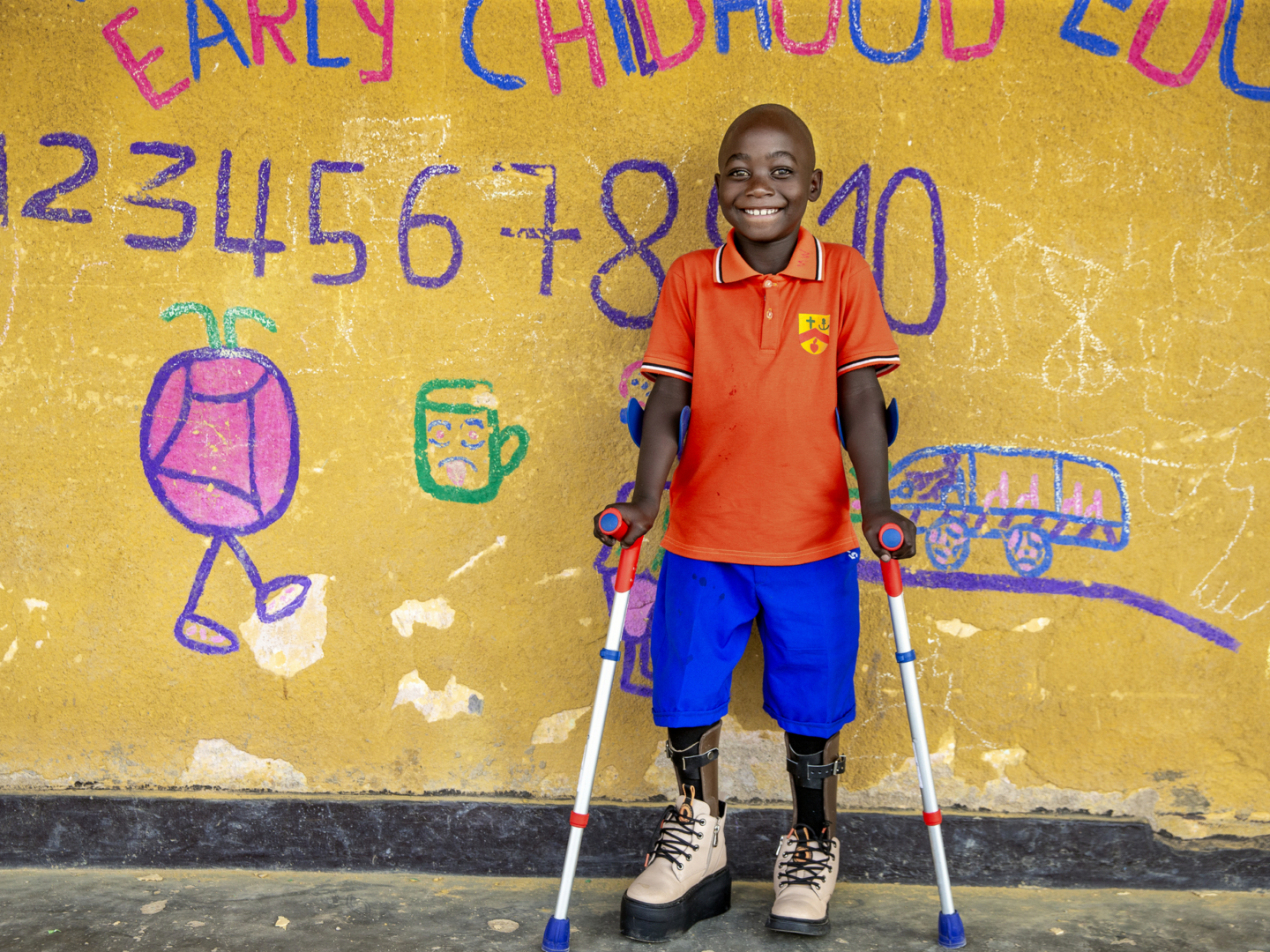Care Providers
One Among Thousands
As one of the world’s most experienced cleft surgeons, Dr. Ghulam Qadir Fayyaz is renowned for his tireless execution of surgical programs in his homeland of Pakistan, which have served tens of thousands of patients.
However, while Ghulam volunteered on an Operation Smile program to Rwanda, the story of one patient revealed a definitive moment in his distinguished career.
Immediately after closing the final suture of a long, exhaustive surgery on the cleft lip of 25-year-old Enok, an upwelling of emotions flooded the heart and mind of Ghulam.
“I cannot forget Dr. Fayyaz crying after surgery, which lasted longer than usual because it was complicated and he also wanted the results to be as perfect as possible,” said Margherita Mirabella, an Operation Smile photographer who also played a central role in recruiting and encouraging Enok to receive surgery at the 2013 program.
“After surgery, Dr. Fayyaz went to pray,” Margherita said. “Since he was really touched, he cried and said that it was our fault that Enok had lived his life hidden and in pain — that we should have done the surgery before and that we have to keep healing people to avoid that pain.”
When Ghulam speaks of “we,” it’s undoubtedly a reference to society as a whole — a challenge directed toward humanity to care for its own. This articulation of his vision uniquely aligns with Operation Smile’s vision: every child living with untreated cleft lip and cleft palate deserves exceptional surgical care.
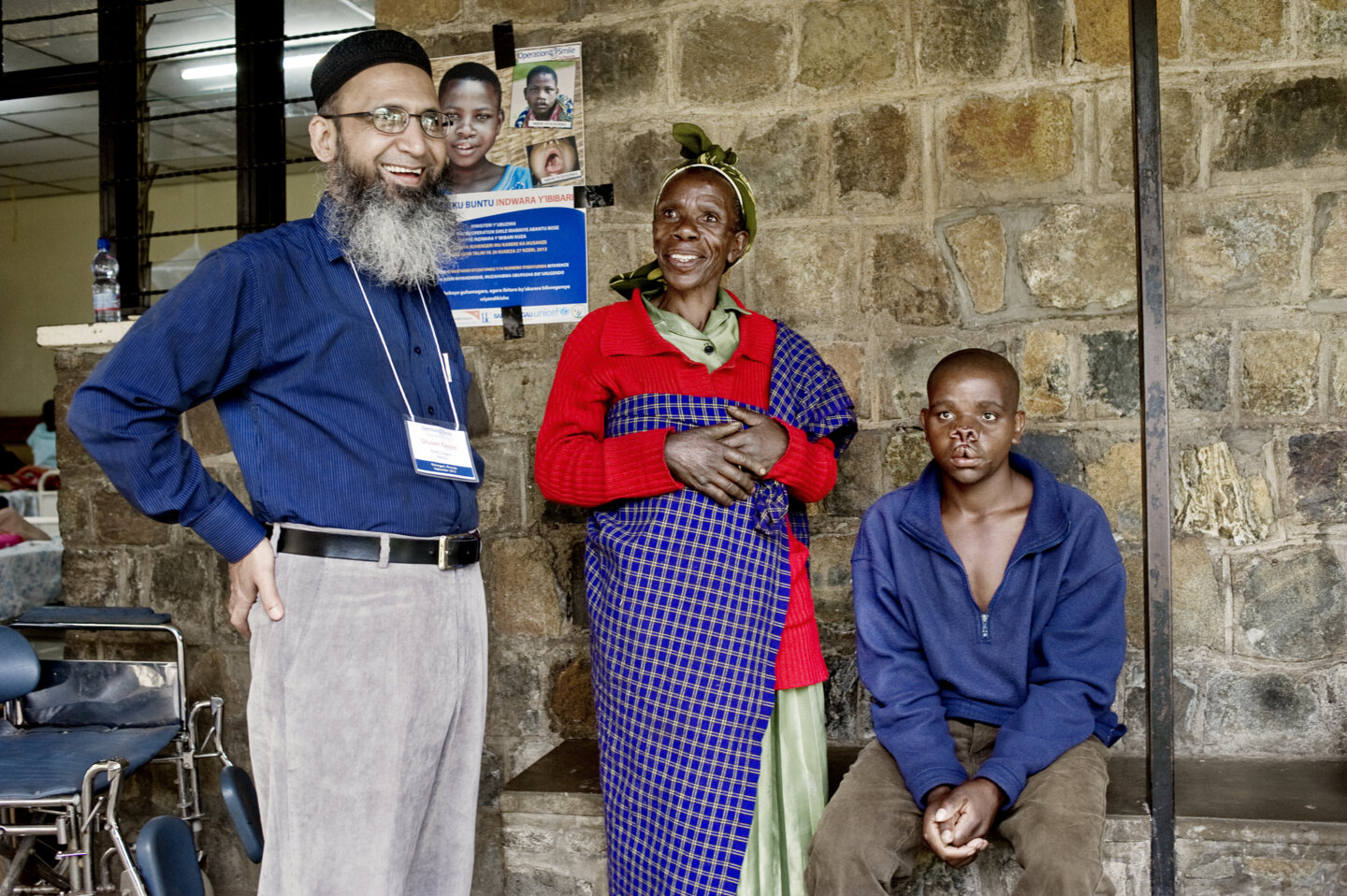
“Collectively, we are all responsible,” Ghulam said. “I still remember the moment after we completed the procedure. I said, ‘We should have been there for him so many years before.’
“He would have been able to go to school and given the opportunities he deserves. He should be able to walk with dignity and honor as a fruitful member of society.”
The fact that Enok made it to 25 years old reflects his resilience — infants born with cleft conditions have nine times the risk of dying within the first year of life. This sobering statistic speaks to the immense impact Enok’s story continues to have on those involved in bringing him out of a life of loneliness and hiding.
Morgan Bober, who was once a coordinator for programs in Rwanda, was in the operating room and witnessed Ghulam’s emotional reaction to Enok’s surgery.
“The image of him taking his mask off and making that statement will forever be etched into my mind,” Morgan said. “It represents who Dr. Fayyaz is as a person — his passion and commitment to his patients. The way the whole team followed his lead and rallied around Enok is really the essence of Operation Smile’s vision.”
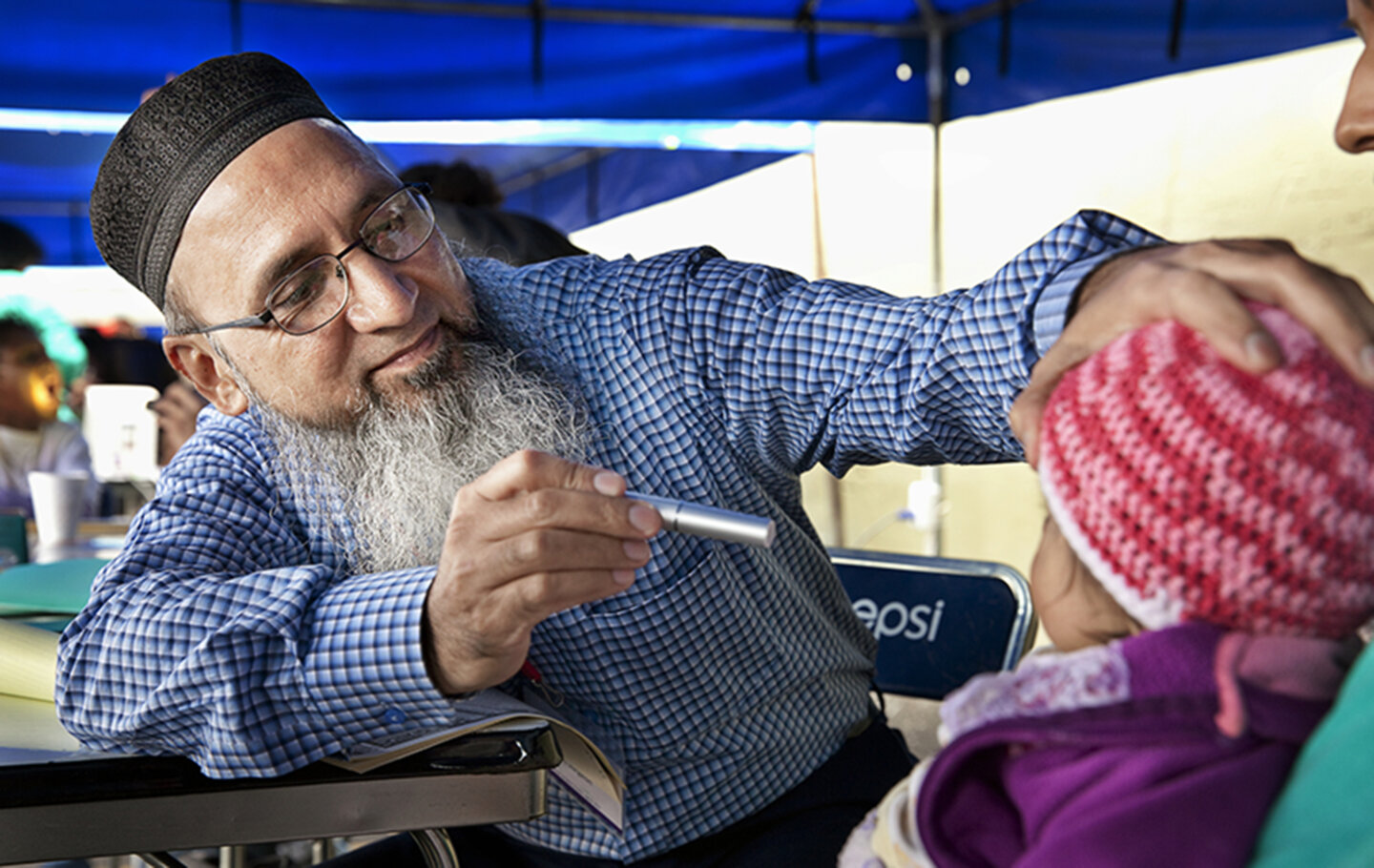
The intersection of Ghulam’s commitment to healing smiles and Enok’s odds-defying story almost never materialized. Ghulam originally sought to volunteer on an Operation Smile medical program to India, but was unable to attain a visa for that trip. When Morgan learned Ghulam was available to volunteer in Rwanda, she jumped at the opportunity to include him on that medical program.
“His depth of experience is really what set him apart; he’s performed more than 10,000 surgeries,” Morgan said. “But what really makes Dr. Fayyaz the ideal volunteer is his kind heart and generosity.”
His paper, “A Model Humanitarian Cleft Mission: 312 Cleft Surgeries in 7 Days,” won a gold medal in the Plastic and Reconstructive Surgery 2016 Global Open for Best International Collaboration. Ghulam was also recognized at the American Society of Plastic Surgeon’s “The Meeting 2016” in Los Angeles.
Additionally, Ghulam volunteered on the 2015 and 2016 programs to Puebla, Mexico and Isabella, Philippines, respectively. The vast majority of his work has been performed in Pakistan and Afghanistan through the Cleft Lip and Palate Association of Pakistan, an organization he founded in 2003. Pakistan has the fourth largest population of people living with cleft conditions behind China, India and Indonesia.
“Physically, mentally and spiritually, it’s our responsibility to give children with cleft lip and cleft palate a chance at a new life,” Ghulam said. “It’s so powerful because in just one procedure, a cleft surgery can see a patient make a shift from disabled to enabled.”
